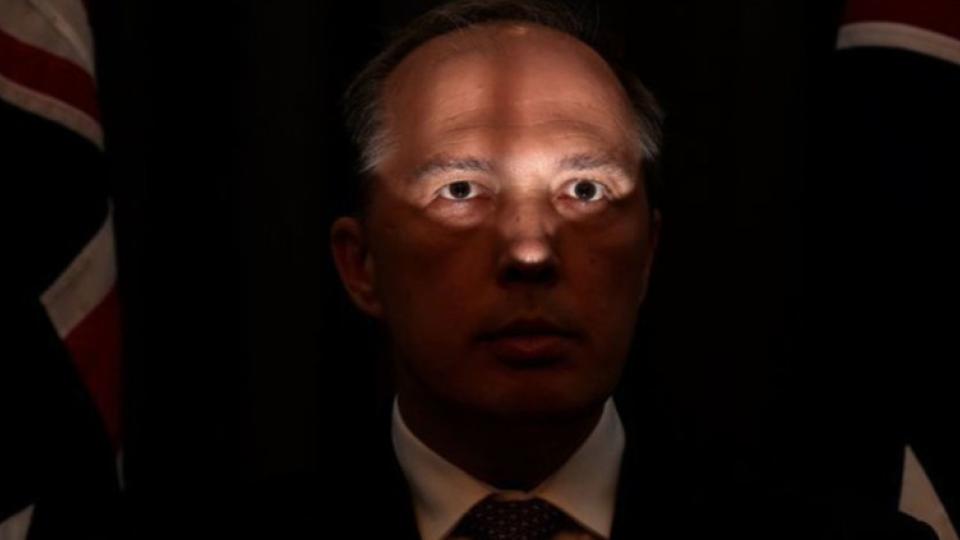As hard right makes push for power, we need a strategy to fight back

The federal Liberal Party is in crisis in the wake of a strong show of support for hard right former frontbencher Peter Dutton in the August 21 party leadership spill.
Prime Minister Malcolm Turnbull's leadership is terminal, but it is unclear whether Dutton, treasurer Scott Morrison, deputy leader Julie Bishop or someone else will take over.
The spectacle has confirmed yet again the deep rift between the hard right and nominally “moderate” wings of the Liberals, despite the many policy similarities.
The political battle between the hard right and “moderates” is not irrelevant.
Just as “progressive” Labor MP Ged Kearney was claiming she could not cross the floor to vote in favour refugee rights, conservative Liberal MP Tony Abbott was demonstrating the power of a determined fight for a political position.
Unlike Kearney, Abbott and others on the hard right threatened to cross the floor of parliament over disagreements with Turnbull's National Energy Guarantee (NEG) policy.
Even the mere threat won Abbott concessions that weakened, and then eliminated, the modest renewable energy promises contained in the original NEG.
This is just the latest example of concessions that the Turnbull leadership has made to the hard right of his party.
In the context of a Donald Trump presidency in the United States and advances by far-right forces in other parts of the world, nobody should be complacent about the prospects of the hard right gaining strength here.
On the face of it, the leadership shenanigans in Canberra have weakened the Coalition. But it is clear that the hard right of the party are playing for keeps.
Whatever the immediate outcome, it is difficult to see the hard right not coming out of this internal party struggle stronger in the medium term.
And while it is tempting for people on the left to hope – desperately – that “this time” Labor might govern in a progressive way, Labor’s actual record is one of an unbridled drift to the right.
In opposition, it generally accommodates to the right-wing policies of Coalition governments, preferring “small target” tactics to campaigning for a progressive alternative.
In government, every single Labor prime minister since Gough Whitlam has been more right wing than the previous one.
Labor’s rightward drift has paved the way for increasingly more right-wing Coalition governments.
There is no point in leftists joining the debate and commentary about which Liberal leader would be the least worst for the country. None of them are capable of doing a good job from the point of view of the interests of working people.
Instead, we should be organising to build the left’s grassroots forces. This is the only strategy that has a chance (and indeed a record) of defeating right-wing policies from either party.
The Greens have played a good role pointing out the bankruptcy of Labor's August 16 vote with the Coalition against refugee rights, and the utterly pathetic state of the Liberals.
But the Greens more “pragmatic” and moderate stance under the leadership of Senator Richard di Natale means the party is not in a position to take advantage of the openings available to a principled and inclusive anti-capitalist left.
The task of building a stronger socialist left in this country remains.
Mainstream politics — which cannot even guarantee modest steps towards averting climate catastrophe nor reversing rising inequality — is bankrupt.
But it is not possible to build an alternative by simply being against something. We need to put forward a positive alternative.
It is still the case that socialism is the only practical, progressive alternative to the capitalist status quo.
The left should support calls for a new election as soon as possible. When Canberra is in a mess, it is the people who should be given the power to decide what happens next.
The Liberals are in no shape to govern and people deserve a chance to throw them out.
While a Labor government would be an improvement, it would fall far short of what is needed.
For people despairing about the mess in Canberra, the solution is to get involved in shaping a positive alternative.
Helping to build the Socialist Alliance and projects like the Victorian Socialists, which we are involved in, is a good way to help make a practical difference.
[Alex Bainbridge is a national co-convenor of the Socialist Alliance.]